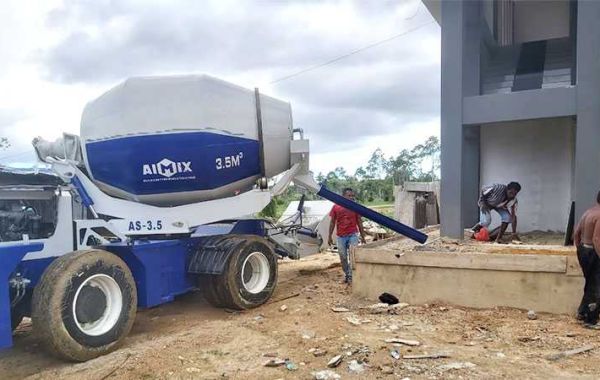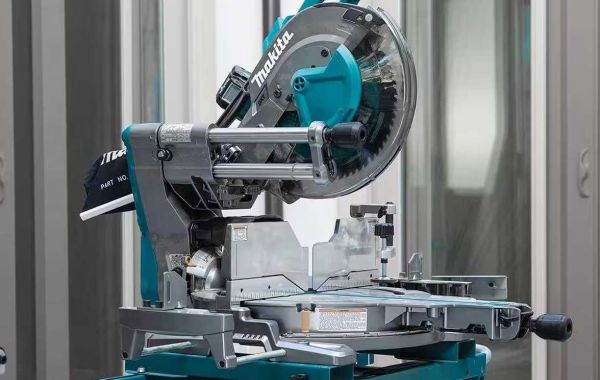In the realm of construction, efficiency and reliability are paramount. Every aspect of the construction process, from material procurement to equipment maintenance, plays a crucial role in ensuring project success. Among the key players in this domain is the self-loading concrete mixer, a versatile and innovative machine designed to streamline the concrete mixing and delivery process.
Understanding Self-Loading Concrete Mixers
Self-loading concrete mixers represent a technological leap forward in the construction industry. These machines integrate the functions of a concrete mixer, a loader, and a transporter into a single unit. They are equipped with a loading bucket that can scoop up raw materials such as aggregates, cement, and water, mix them on-site, and deliver the ready-mixed concrete directly to the desired location. This all-in-one functionality significantly reduces the need for additional equipment and manpower, thereby improving efficiency and reducing project costs.

Ease of Maintenance
One of the key benefits of self-loading concrete mixers is their ease of maintenance. Unlike traditional concrete mixers that require separate maintenance routines for the mixer, loader, and transportation components, self concrete mixers consolidate these functions into a single unit. This simplifies the maintenance process by reducing the number of moving parts and components that need regular servicing. Additionally, self-loading mixers are designed with accessibility in mind, with many critical components easily reachable for inspection and maintenance.
Modular Design
Another feature that facilitates maintenance and repairs in self-loading concrete mixers is their modular design. These mixers are typically built with interchangeable parts and components, allowing for quick and easy replacement in case of damage or malfunction. This modular approach minimizes downtime and ensures that maintenance tasks can be completed swiftly, keeping construction projects on schedule.
Built-In Diagnostics
Many modern self-loading concrete mixers are equipped with advanced onboard diagnostics systems that monitor various parameters such as engine performance, hydraulic pressure, and mixer operation in real-time. These systems can alert operators to potential issues before they escalate into major problems, allowing for proactive maintenance and preemptive repairs. By providing insights into the health and condition of the mixer, built-in diagnostics help optimize performance and prolong the lifespan of the equipment.

Training and Support
In addition to the design features that facilitate maintenance and repairs, manufacturers of self-loading concrete mixers often provide comprehensive training and support services to operators and maintenance personnel. Proper training ensures that operators are familiar with the equipment's operation and maintenance requirements, reducing the risk of errors and accidents. Additionally, manufacturers typically offer technical support and assistance to troubleshoot issues and address maintenance challenges effectively.
Conclusion
In conclusion, self-loading concrete mixers not only revolutionize the concrete mixing and delivery process but also offer significant advantages when it comes to maintenance and repairs. Their all-in-one functionality, modular design, built-in diagnostics, and comprehensive support services make them a valuable asset for construction projects of all sizes. By simplifying maintenance tasks, minimizing downtime, and optimizing performance, self-loading concrete mixers contribute to increased productivity, reduced costs, and overall project success.








